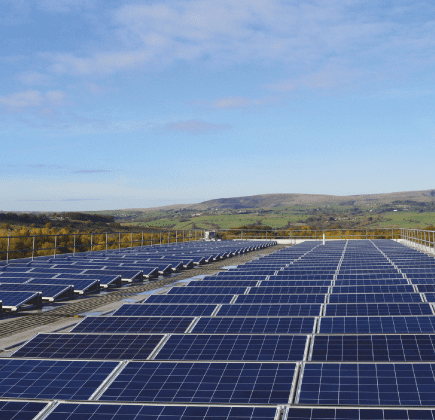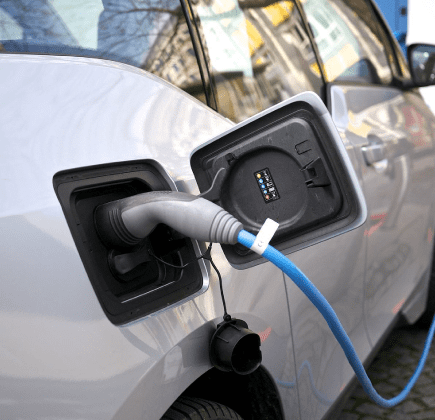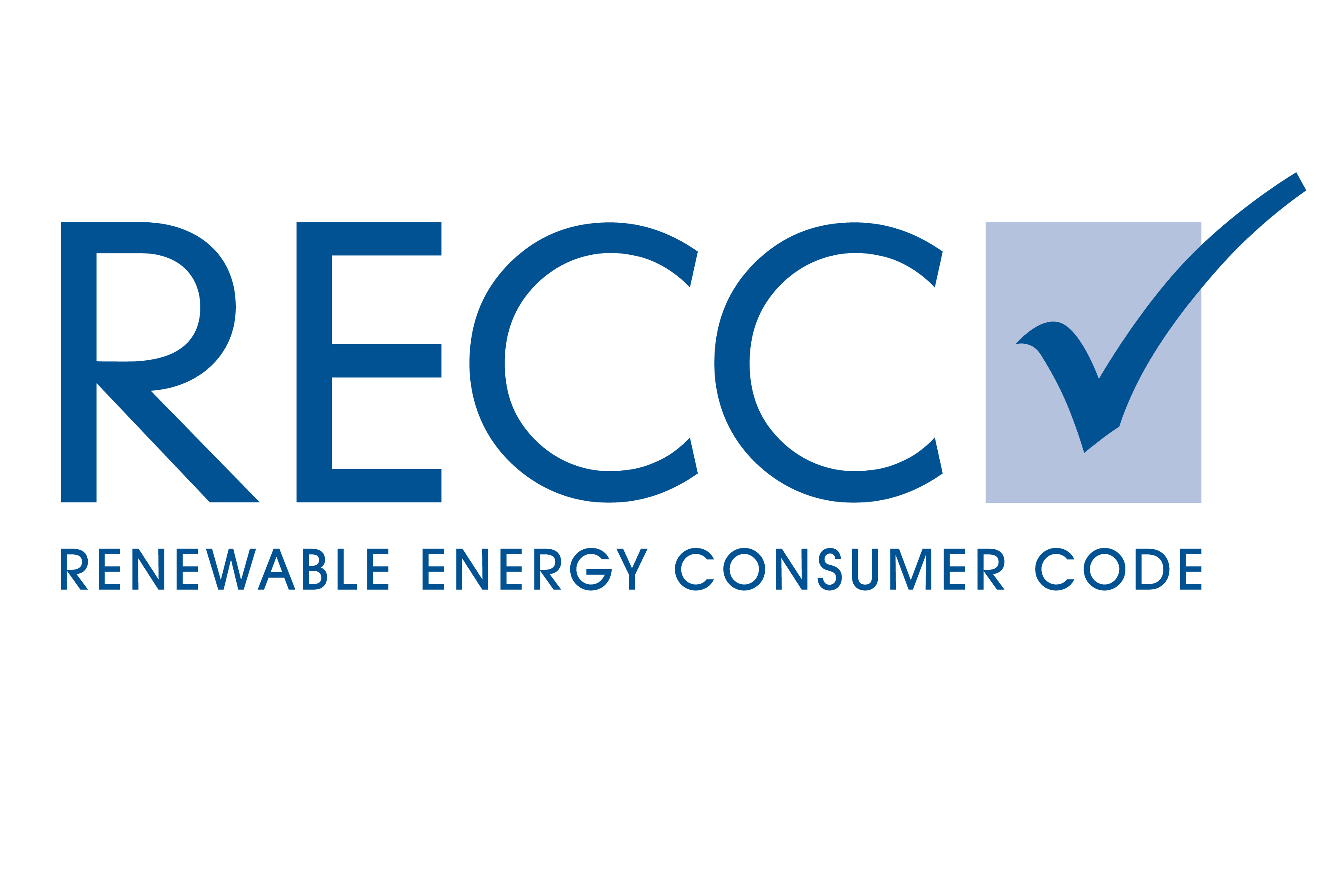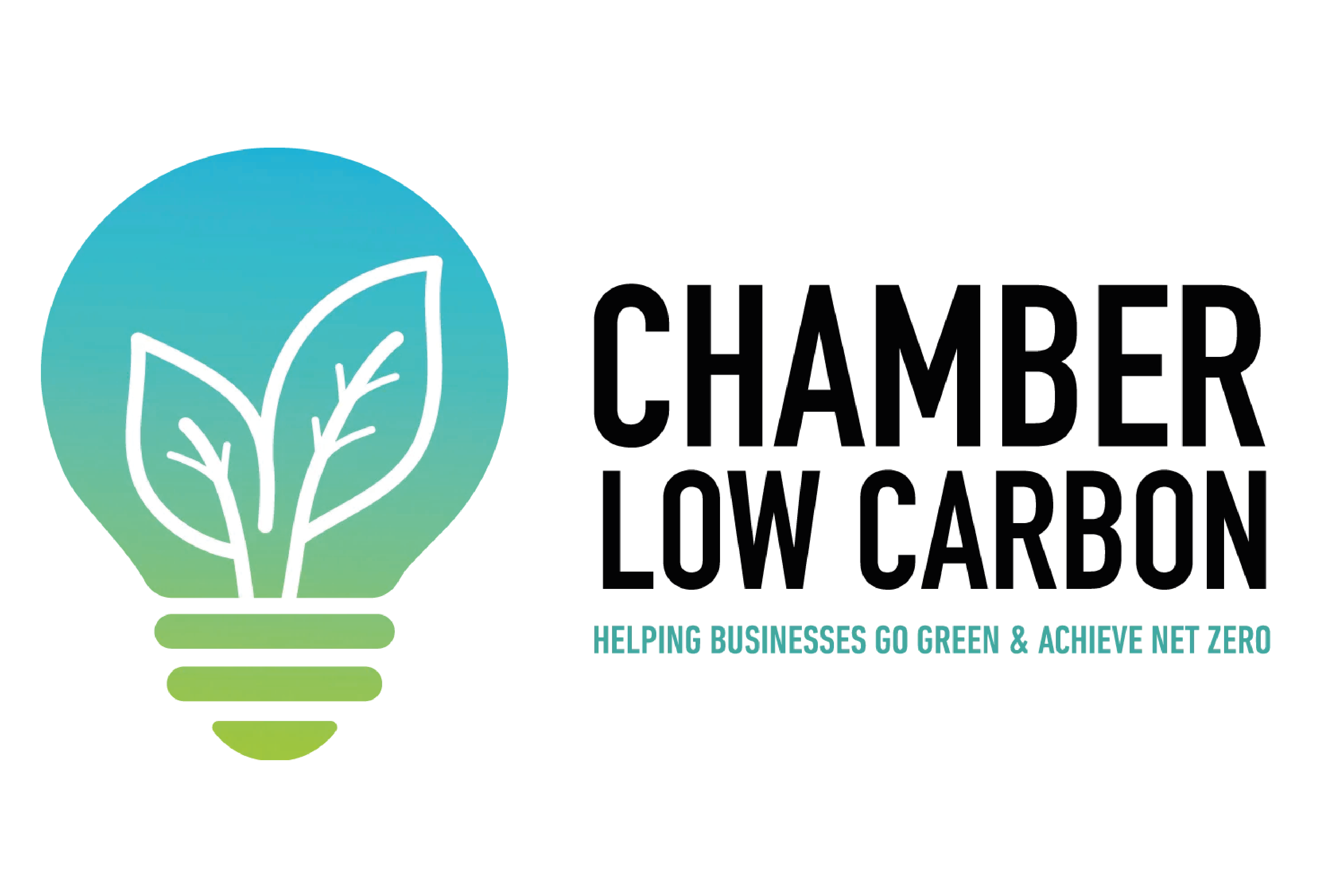
6 key takeaways from the landmark IPCC report
Earlier this month, the United Nations’ Intergovernmental Panel on Climate Change released a stark warning to the world in a landmark report on climate change. Now, you don’t have to be a scientist to know that the outlook has been pretty worrying for some time now, and the general public have started demanding greater climate awareness and commitment from governments, local authorities and businesses (with many of the latter choosing commercial solar panels as a vital measure in their ever-evolving green strategy).
As a result, the IPCC’s report was widely expected to pull no punches. On that it certainly delivered, as it contains some very scary things. However, the authors have taken care not to be unnecessarily alarmist or fatalistic. Worrying events are on the horizon – and indeed, happening right now – but we can recover.
The full IPCC report is here, but if you’re short on time, we’ve summed up the key points for you.
1. Humans are responsible for global warming
In the exact words of the IPCC, “it is unequivocal that human influence has warmed the atmosphere, ocean and land.”
They’re surprisingly strong words from a panel which, up until now, has often taken care to moderate its language in terms of the possible causes of climate change. Now though, armed with the latest data, the IPCC clearly feels confident enough to amend its previous statement, which was that it was “extremely likely” that industrial activity was to blame for rising global temperatures.
The IPCC’s harsher words could possibly be seen as a direct rebuke to politicians, world leaders and anyone else who questions the size of the role that humans have had to play in global temperatures. The message is clear: this is our fault, and we have a responsibility to do something about it.
2. Temperatures will keep rising
For many, this will be one of the most unsettling aspects of the report. Even if we take the most drastic action to curb emissions now, we still probably won’t be able to prevent global warming of 1.5°C above pre-industrial temperatures. By the end of the century, we could well be looking at global temperature rises of 2°C. The panel has also warned of a number of tipping points, like the loss of the Arctic or dieback of forests.
However, these are obviously far from ideal developments, we might still be able to spare ourselves from the worst of it. The report outlines five possible futures that we could be heading towards, two of them relatively optimistic, one of them more pessimistic, in which global co-operation collapses and nationalism takes hold, and a frankly strange one in which humanity doubles down on fossil fuel use but spreads the benefits more evenly. In this scenario, that leads to a global population that’s regularly besieged by dangerous weather events, but is happier and more equal.
That last one seems particularly far-fetched. What’s far more likely is the middle-of-the-road solution we’re currently heading towards, in which there’s uneven global economic growth, and the population peaks at the end of the century at about 9.5 million, with much of that proportion still vulnerable to climate impacts.
3. We could soon be seeing Arctic summers that are completely free of ice
The IPCC forecasts that the current layer of summertime sea ice on top of the Arctic Ocean could vanish at least once by 2050 – and that’s the most optimistic case scenario. The average lows for the Arctic summer have been decreasing since the 1970s, and they’re currently at their lowest limit in a thousand years.
The melting of the polar ice caps is especially problematic given the sort of feedback loop it creates. Solid ice reflect’s the sun’s rays, but when they melt they give way to darker water, which absorbs solar radiation and further accelerates global warming.
4. Seas will also keep rising whatever we do
In fact, says the IPCC, they’re likely to keep rising for hundreds or thousands of years. Even if we as a species managed to stop global warming at 1.5°C, the average sea level would still rise by between 6 to 10 feet. That could have a serious impact on the world’s coastal communities, many of which are already dealing with the challenges of more regular flooding.
5. Rarer weather extremes will gradually become more common
This is another area where the IPCC (and others) were sometimes reluctant to explicitly link to the broader phenomenon of climate change. However, various scientific advances in recent years have enabled them to establish a clearer link between specific weather events and broader climate change.
Accordingly, the IPCC says that there is now very little chance of slowing or stopping this particular trend. Heatwaves that once happened around twice every century are now happening once every decade. Alongside this, tropical cyclones and other phenomena are intensifying, and many parts of the world are seeing increasingly higher levels of rain or snow, too. Severe droughts are happening 1.7 times as often as they used to, and fire seasons are becoming fiercer and lengthier.
6. We are running out of time
This is perhaps the single most critical message of the IPCC report. Specifically, it says that if the world is to meet its commitment to the Paris Agreement of limiting global warming to 1.5°C, countries will need to stick to what’s called a ‘carbon budget’ – basically, the upper limit of the amount of carbon emissions we can collectively release before that 1.5°C goal becomes unattainable. Right now, we’re projected to use that budget up within the decade, giving us 2030 as a hard deadline before the Paris Agreement will have essentially failed.
With all that stark information, observers have said that it can be easy to succumb to feelings of hopelessness – but it’s important not to! The report wasn’t written up specifically to crush our hopes, but rather to galvanise the world into taking action. Far from hopelessness, the world needs determination and resolve – and more of it than ever.
So if you’re looking to move ahead with your own sustainability plans as a business, that’s exactly where we can help here at Low Carbon Energy. We have decades of experience in providing bespoke, effective solar panel solutions for businesses across a wide range of sectors, including those in which lowering emissions is a particular challenge – such as manufacturing, aerospace and agriculture. Feel free to take a look through our case studies for just a couple of examples of what we can do – or to find out how we can help you, just give us a call on 01282 421 489!
 Energy Technology
Energy Technology

Powering your present. Preserving your future.
Call us on 01282 421 489

strategy be a priority?










